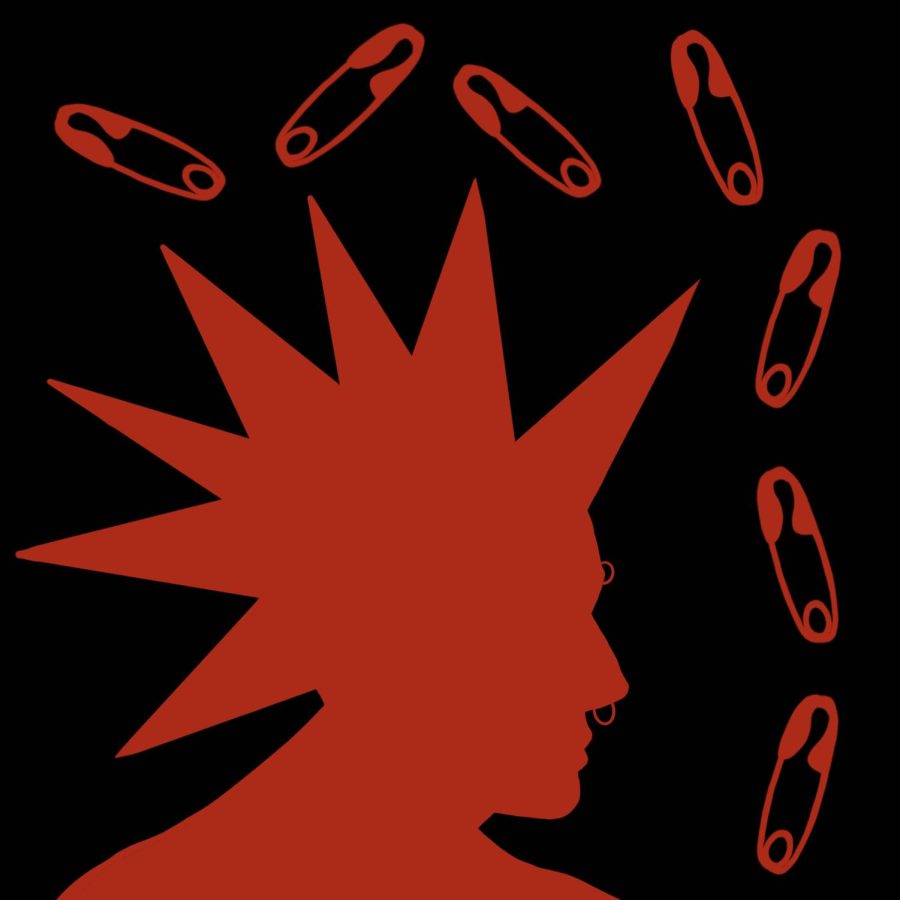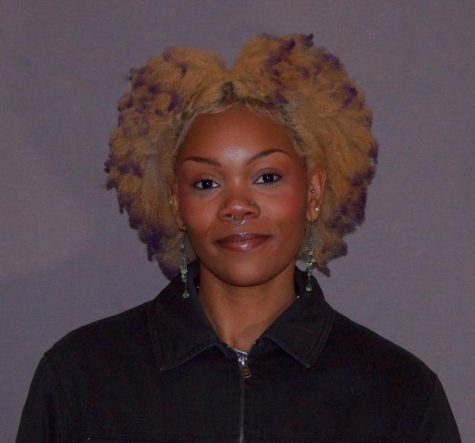The persistence of punk
January 24, 2023
Punk is a genre of music that has been around for over four decades. Despite its longevity, many people believe that the genre fizzled out with no chance of regaining its former glory. This belief is far from the truth. Punk is not dead — it is alive and thriving as it continues to inspire new generations of musicians, fans and more.
Punk is not a genre of music that can be easily defined or categorized. It is a movement that has continued to evolve and adapt over the years, and it continues to do so. Punk is not just about music — it is a cultural phenomenon that encompasses fashion, art and politics. The punk ethos of DIY and anti-establishment aggression is as relevant today as it was in the 1970s. You can still see people adorning their jackets and pants with metal studs, pins and homemade patches.
Punk has also played a significant role in the development of other genres of music, such as alt-rock, emo, pop-punk and grunge. Bands such as Nirvana, Green Day, The Garden and so many more have all been inspired and influenced by the original punk movement. This expansion and evolution of the genre has allowed the original anti-establishment and leftist ideals of the ‘70s punk movement to be modernized and spread to a broader audience. As time goes on, only more artists will spin their take on the genre, further evolving the ever-expanding movement.
Punk is not limited to a specific location or demographic. Punk has fans and bands from all over the world, from New York City, London, Tokyo and Brisbane. Punk is an all-inclusive genre regardless of age, race, sex, gender, sexuality, religion and socio-economic background.
Punk is not dead — it never has been. It is a genre, and more importantly a movement, that has stood the test of time and continues to inspire globally. Punk is a cultural and political movement that will never be limited by setting or demographic. Its message of DIY, inclusive and anti-establishment attitudes is as relevant in the present as it was in the 1970s. So let us put to rest the notion that punk is dead and celebrate the fact that it is alive and well.













